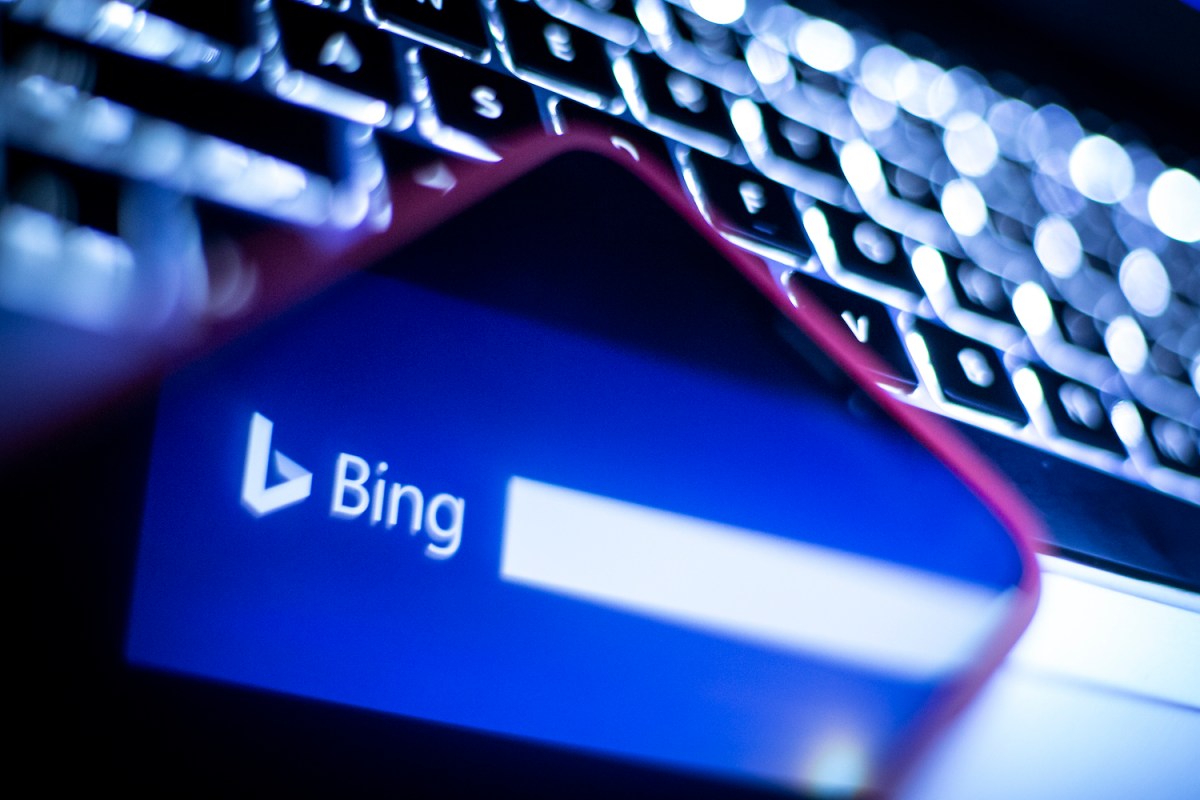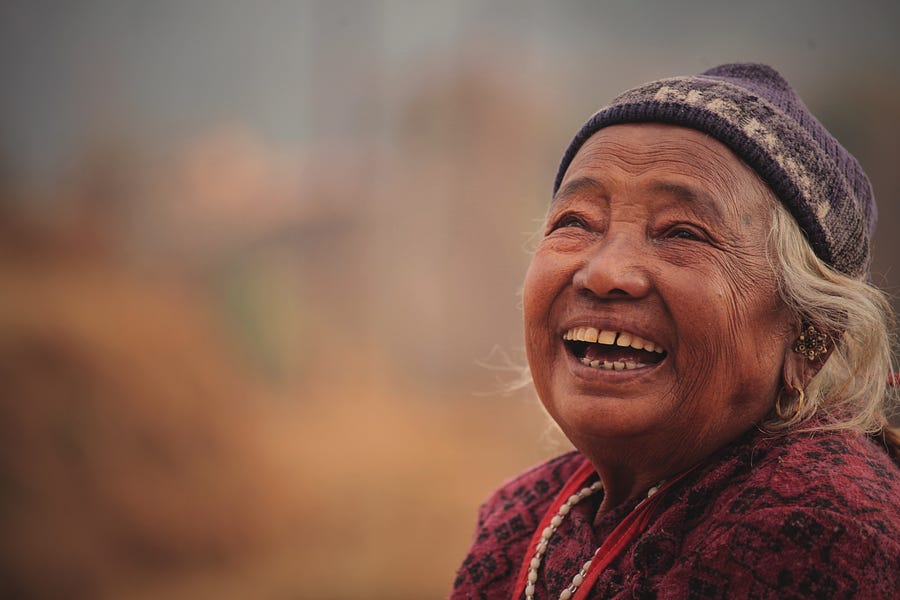WHO declares monkeypox a public health emergency
The World Health Organization on Saturday declared the unprecedented outbreak of monkeypox that has spread around the world a public health emergency, a decision that will allow the agency to take additional steps to try stop the spread of the virus.
In an unusual move, WHO Director-General Tedros Adhanom Ghebreyesus made the statement even though an expert committee he convened to study the matter advised him not to do so, n failing to reach a consensus. The same committee met just a month ago and declined to declare a Public Health Emergency of International Concern, or PHEIC.
Although the committee does not formally vote, a survey of members found that nine thought a USPPI should not be declared and six supported a declaration. When the group reunited in June, the split was 11 against and 3 for.
"Nine and six is very, very close," Tedros said at a press conference called to announce the decision. "Since the role of the committee is to advise, I then had to play the role of tiebreaker."
“We believe this will mobilize the world to act together. It needs coordination and not just coordination but solidarity,” he said.
In a report on the meeting released on Saturday, the WHO said members of the emergency committee who did not believe a USPPI should be declared feared, among other things, that it could lead to ill-treatment and stigmatization of men who have sex with men, the community in which the vast majority of cases in this epidemic occur. The World Health Agency strongly insisted that this should not happen.
“It is extremely important that the existence of a public health emergency of international concern and the intensification of surveillance and control efforts are not used as a means of coercive surveillance or to impose measures that would undermine to the dignity and human rights of those affected," said Mike Ryan, who heads the WHO's health emergencies program. "It's very important that we find that right balance."
Monkeypox is only endemic in a dozen countries in West and Central Africa. But in May, public health officials in London reported six cases in people who had not traveled to endemic countries. Four of the six involved men who have sex with men.
The number of international cases skyrocketed in the weeks that followed, now reaching over 16,000 in more than 75 countries across Europe, North and South America, the Middle East , new regions of Africa, South Asia and Australia. The United States has recorded nearly 2,900 cases.
The PHEIC (pronounced as "false") gives Tedros certain powers, such as the ability to recommend how countries should respond. It could also mobilize global coordination for a more unified response. Part of that effort may involve ensuring a more equitable distribution of vaccines and treatments, which are in short supply.
The WHO released a long list of recommendations on Saturday, divided into four groups: recommendations for countries that have not yet detected cases of monkeypox; those for countries where human-to-human transmission is ongoing; those for countries where the virus is endemic in nature; and those for countries with the capacity to produce monkeypox vaccines and treatments. Countries with no cases, for example, have been told to step up their surveillance and prepare to deal with infections if they occur. Countries with drug and vaccine production capacity were urged to increase and share their production.
So far, the epidemic has been concentrated largely among gay, bisexual and other men who have sex with men, and many of them have been among men who have had sex with men. multiple recent sexual partners - a fact that the WHO says increases the risk of an outbreak. can be mastered.
“This is an epidemic that can be stopped with the right strategies in the right groups,” Tedros said.
But health officials have stressed that the outbreak could spread to more vulnerable populations, including pregnant women, immunocompromised people and children. And in fact, on Thursday, Dutch researchers reported a case in a boy under 10 who had no discernible connection to other infected people. Meanwhile, two children in the United States have been infected, likely through family transmission.
More generally, some experts have expressed concern that it may be too late to attempt to contain the outbreak and that monkeypox may...

The World Health Organization on Saturday declared the unprecedented outbreak of monkeypox that has spread around the world a public health emergency, a decision that will allow the agency to take additional steps to try stop the spread of the virus.
In an unusual move, WHO Director-General Tedros Adhanom Ghebreyesus made the statement even though an expert committee he convened to study the matter advised him not to do so, n failing to reach a consensus. The same committee met just a month ago and declined to declare a Public Health Emergency of International Concern, or PHEIC.
Although the committee does not formally vote, a survey of members found that nine thought a USPPI should not be declared and six supported a declaration. When the group reunited in June, the split was 11 against and 3 for.
"Nine and six is very, very close," Tedros said at a press conference called to announce the decision. "Since the role of the committee is to advise, I then had to play the role of tiebreaker."
“We believe this will mobilize the world to act together. It needs coordination and not just coordination but solidarity,” he said.
In a report on the meeting released on Saturday, the WHO said members of the emergency committee who did not believe a USPPI should be declared feared, among other things, that it could lead to ill-treatment and stigmatization of men who have sex with men, the community in which the vast majority of cases in this epidemic occur. The World Health Agency strongly insisted that this should not happen.
“It is extremely important that the existence of a public health emergency of international concern and the intensification of surveillance and control efforts are not used as a means of coercive surveillance or to impose measures that would undermine to the dignity and human rights of those affected," said Mike Ryan, who heads the WHO's health emergencies program. "It's very important that we find that right balance."
Monkeypox is only endemic in a dozen countries in West and Central Africa. But in May, public health officials in London reported six cases in people who had not traveled to endemic countries. Four of the six involved men who have sex with men.
The number of international cases skyrocketed in the weeks that followed, now reaching over 16,000 in more than 75 countries across Europe, North and South America, the Middle East , new regions of Africa, South Asia and Australia. The United States has recorded nearly 2,900 cases.
The PHEIC (pronounced as "false") gives Tedros certain powers, such as the ability to recommend how countries should respond. It could also mobilize global coordination for a more unified response. Part of that effort may involve ensuring a more equitable distribution of vaccines and treatments, which are in short supply.
The WHO released a long list of recommendations on Saturday, divided into four groups: recommendations for countries that have not yet detected cases of monkeypox; those for countries where human-to-human transmission is ongoing; those for countries where the virus is endemic in nature; and those for countries with the capacity to produce monkeypox vaccines and treatments. Countries with no cases, for example, have been told to step up their surveillance and prepare to deal with infections if they occur. Countries with drug and vaccine production capacity were urged to increase and share their production.
So far, the epidemic has been concentrated largely among gay, bisexual and other men who have sex with men, and many of them have been among men who have had sex with men. multiple recent sexual partners - a fact that the WHO says increases the risk of an outbreak. can be mastered.
“This is an epidemic that can be stopped with the right strategies in the right groups,” Tedros said.
But health officials have stressed that the outbreak could spread to more vulnerable populations, including pregnant women, immunocompromised people and children. And in fact, on Thursday, Dutch researchers reported a case in a boy under 10 who had no discernible connection to other infected people. Meanwhile, two children in the United States have been infected, likely through family transmission.
More generally, some experts have expressed concern that it may be too late to attempt to contain the outbreak and that monkeypox may...
What's Your Reaction?















![Three of ID's top PR executives quit ad firm Powerhouse [EXCLUSIVE]](https://variety.com/wp-content/uploads/2023/02/ID-PR-Logo.jpg?#)







